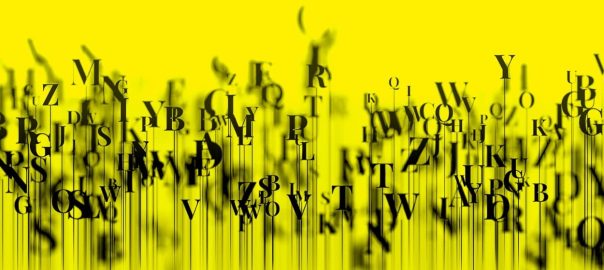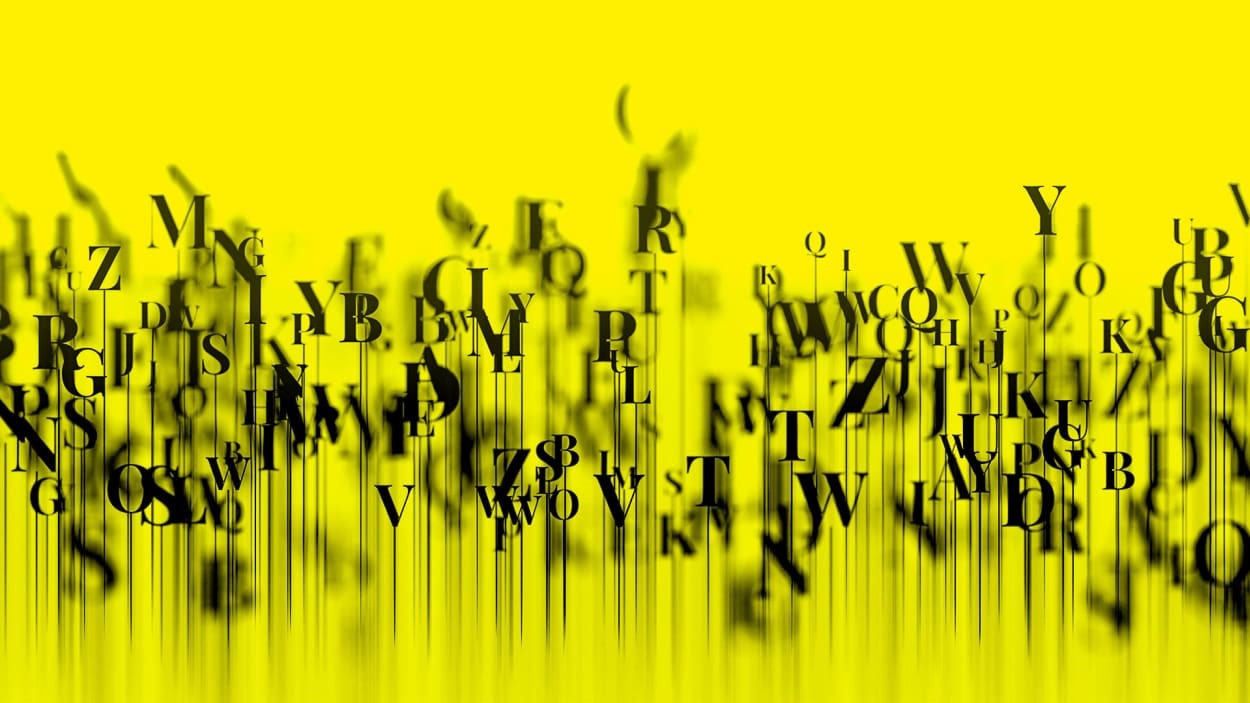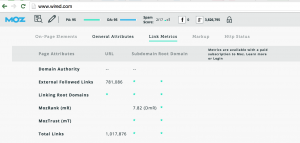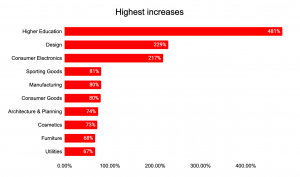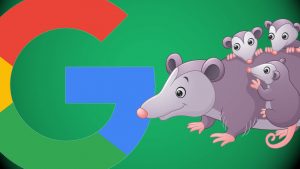While you may think of ChatGPT as an incredibly capable AI bot, some authors are arguing that its capabilities have been built on their lives’ work.
Along with the Authors Guild, more than one dozen authors filed a lawsuit against ChatGPT’s parent company, OpenAI, on Tuesday, September 19. The suit alleges that the company used the authors’ books to teach the chatbot how to create similar “derivative works.”
OpenAI did not immediately respond to a request for comment from Fast Company.
Here are three things to note about the case.
1. Who’s pressing charges?
In addition to the Authors Guild, 17 fiction authors have added their names to the list—many of them are novelists with massive catalogs of work. A media release explains that this class action suit “focuses on fiction writers as a first step, as it is a well-defined and cohesive class of writers, as works of fiction are already being widely mimicked with GPT.”
That said, the Authors Guild noted that it does see harm in the nonfiction markets, and has plans to address that as well.
The list of named plaintiffs includes: David Baldacci, Mary Bly, Michael Connelly, Sylvia Day, Jonathan Franzen, John Grisham, Elin Hilderbrand, Christina Baker Kline, Maya Shanbhag Lang, Victor LaValle, George R.R. Martin, Jodi Picoult, Douglas Preston, Roxana Robinson, George Saunders, Scott Turow, and Rachel Vail.
2. What are the authors saying?
Many of the authors have written dozens of novels, and claim it’s clear that ChatGPT has read everything they’ve written and used it to hone its own writing skills to produce what they described as “derivative works.”
The release from the Authors Guild states that the writers are suing for “copyright infringement of their works of fiction on behalf of a class of fiction writers whose works have been used to train GPT.”
They also noted that ChatGPT can not only summarize their work, but mimic their voices. In the release, lawyer Scott Sholder explains that the writers don’t have an objection to the development of generative AI, however, they don’t agree with the way it’s been trained using their work. He notes that OpenAI could have paid reasonable licensing fees to use the copyrighted works, or they could have used works that are in the public domain.
3. What threats are they worried about?
In addition to ChatGPT mimicking authors’ work, there have already been multiple AI-generated books popping up on sale for Amazon, so authors have reason to feel concerned.
This is exacerbated by the fact that ChatGPT can already imitate their voices when answering questions, and it can reference specific details from all of their books.
(10)
